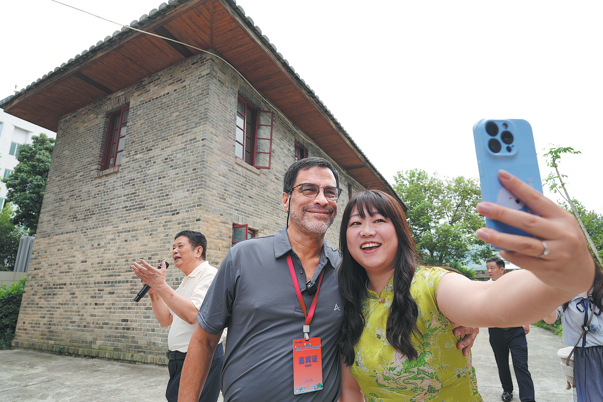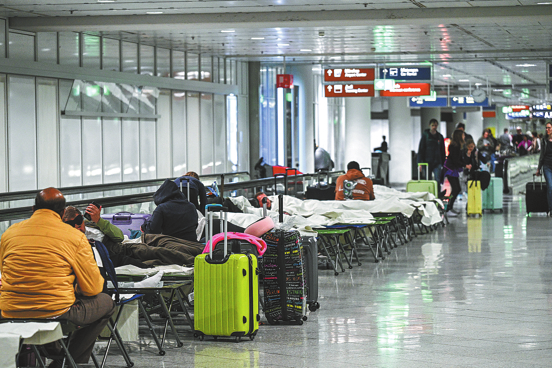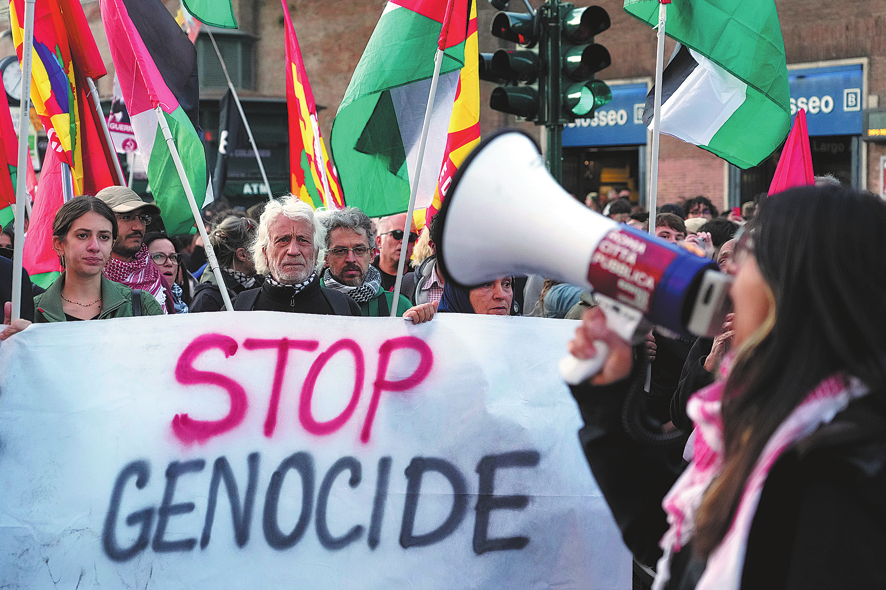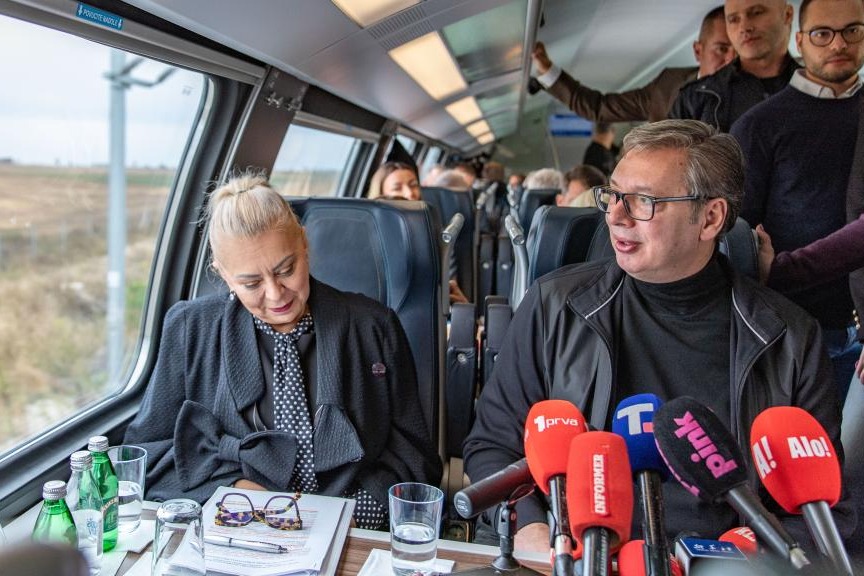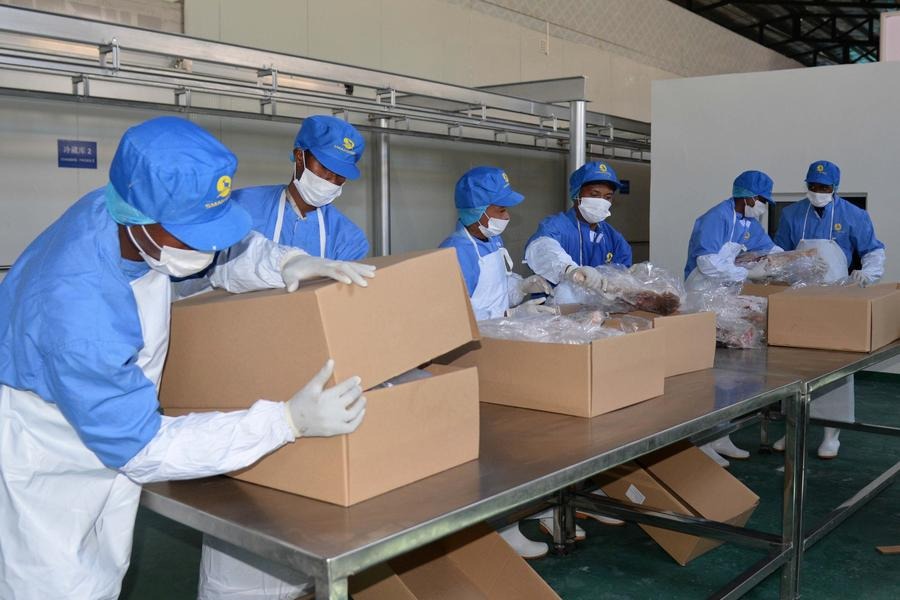Kenyan government calls for trade development between Africa and Europe

Kenya's Agriculture Cabinet Secretary Mutahi Kagwe has called for steady trade relations and deeper collaboration between Africa and Europe during the ongoing 24th COMESA Heads of State and Government Summit. Kagwe said increased cooperation would foster sustainable and inclusive growth.
The horticulture value chain remains one of the most dynamic and economically significant sectors within the 21-member Common Market for Eastern and Southern Africa (COMESA), generating over $53 billion annually in exports to the European Union alone, providing income for millions of smallholder farmers across the continent.
Kagwe cautioned that while the European Union remains a vital partner for Africa's horticultural exports, frequent regulatory changes and shifting compliance requirements threaten the competitiveness of African producers, particularly smallholder farmers.
"We have got too many changing goalposts," Kagwe said.
"Every six months or a year, we shift to something else. I would like to appeal that we remain steady in terms of the requirements of the European Union," he said during Monday's keynote address.
Kagwe emphasized that the special relationship between COMESA and the EU must be anchored on mutual respect, stability and predictability, allowing African economies to plan and invest with confidence.
Kagwe said Kenya is using technology to modernize agriculture and enhance transparency in trade by leveraging digitalization to deepen regional value chains for sustainable and inclusive growth.
In reference to the launch of Kenya's National Horticultural Traceability System in April, he pointed out that the digital platform is ensuring "farm-to-market" visibility and compliance with international standards.
He added that Kenya's horticultural exports were valued at over $1 billion last year, with flowers, fruits and vegetables shipped to more than 70 countries.
Kagwe further urged COMESA countries to reduce tariff and non-tariff barriers, digitize customs procedures and harmonize standards to enhance intra-African trade. He also encouraged regional consumption of African produce, saying that domestic demand creation would build resilience against external shocks.
Cut flowers are Kenya's flagship export, accounting for 40 percent of all roses sold in the EU, while avocados have become Kenya's fastest-growing export, reaching 128,000 metric tons in 2024.
"Horticulture is not just an agricultural activity, it is a pillar of our economy. It proves that agriculture can be a driver of growth, innovation and global competitiveness," he added.
Kenya's Trade and Industry Cabinet Secretary Lee Kinyanjui said enhanced compliance with sanitary and phytosanitary standards and direct business-to-business relations between COMESA and the European market provide a strong foundation to scale up Africa's trade competitiveness and market access.
He called on the private sector to "seize the moment" by scaling up production, meeting global standards and building cross-border value chains that make COMESA horticulture globally competitive.
The Kenya government official also stressed the need to strengthen air freight capacity and cold chain logistics, noting that shortages last year led to export losses, particularly in the flower sector.
















